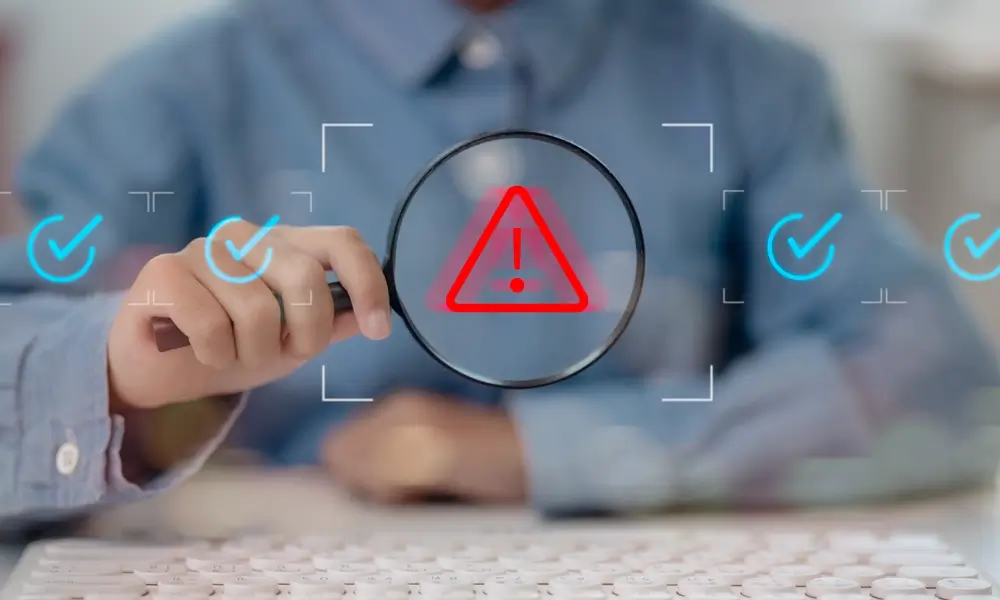In recent years, we have been following many debates regarding the awareness of the challenges and ethical implications of Artificial Intelligence (AI) around the world, and Brazil is no exception. Although there is still no specific regulation on AI in force in the country, many discussions take place about the need to regulate AI to ensure its ethical and responsible use.
The Federation of Commerce in Goods, Services and Tourism of the State of São Paulo - FeComercioSP, through the Council for Digital Economy and Innovation, held the seminar “The Regulatory Framework for Artificial Intelligence in Brazil in the post-CHATGPT era” last Friday, 30/06/2023, with the objective of discussing the development of AI in the country and evaluating the Brazilian regulatory environment. In the panels, opinions were highlighted about how complex an AI regulation is and, most of the time, filled with questions that still have no answers. There is also a lot of talk about how Big Techs whether or not they will adopt those regulations.
In addition to the launch of the Artificial Intelligence and Cybersecurity Committee, at that same event, conducted by Andriei Gutierrez, president of the Digital Economy and Innovation Council of FeComercioSP, the entity released a decalogue containing essential principles for the regulation of AI aimed at evaluating the Brazilian regulatory environment. Given the current scenario in the country, the proposed principles attempt to reconcile AI with issues of ethics, governance, and responsibility, in addition to suggesting pillars for long-term economic and social growth in Brazil. They are:
1. Regulate use, not technology;
2. Evaluate the application of current legislation and the competence of the constituted bodies;
3. Observe existing civil liability rules;
4. Comply with the current regime of administrative sanctions;
5. Risk-based principles and contextual approaches;
6. Soft law combined with regulatory flexibility;
7. Promote regulated self-regulation;
8. Employ decentralized regulation with regulatory interoperability and central coordination;
9. Encourage responsible innovation;
10. Take part in the global standardization debate.
Gutierrez emphasized that “We are not talking about a mere fourth stage of the industrial revolution. This is a digital revolution. We are moving towards being a fully digital society and we need to discuss strategies to invest in this”.
AI is already expected to bring significant improvements in terms of efficiency and productivity in various industries, performing tasks more quickly, accurately and without errors, thus boosting the economy and leading to productivity gains in different sectors. In contrast, a common speculation is that AI and automation will have a significant impact on the labor market, replacing many traditional jobs with automated systems, including debates about which sectors and professions will be most affected and how society should adapt to these changes.
Another much-discussed example is that AI has the potential to improve security in several areas, including financial fraud detection, identification of suspicious activity, and prevention of cyberattacks. It is hoped that AI can help identify abnormal patterns and behaviors, providing a safer environment in different sectors. But some issues raised by the Brazilian market regarding the regulation of AI include, for example, concern about the ethical use of AI systems and the need for transparency regarding the decisions made by those systems. Many believe that companies that develop and use AI should be transparent about how algorithms work and how decisions that affect individuals are made.
Another issue discussed is about who is responsible for damage caused by AI systems. It is expected that a clear definition of legal responsibilities will be created when failures occur in automated systems. In addition, with the increase in the amount of data collected and processed by AI, there are concerns about the privacy and protection of that data. Regulation could address these concerns and establish safeguards to ensure that data is treated appropriately and protected against misuse.
In the context of social and economic impact, it is discussed that AI has the potential to transform many sectors of the economy and society as a whole. In this case, regulation can help ensure that this transformation occurs in a fair, equitable manner and with benefits for all those involved, minimizing possible negative impacts, such as mass unemployment or excessive concentration of power.
Concerning the promotion of the development and adoption of AI in Brazil, opinions are also divided. There are those who argue that overly restrictive regulation could slow down the country's innovation and competitiveness in this area, while others argue that regulation is necessary to ensure a safe and ethical environment for the use of AI.
It should be noted that these are just some of the issues that have been discussed in the Brazilian market regarding the regulation of AI. Opinions vary between different sectors and stakeholders. Aderbal Hoppe, auditor and partner at TATICCA Allinial Global, has a positive view of regulation. According to him, “the regulation of AI is important to bring direction at this initial moment, a path that is as visible as possible”.
These speculations may vary and evolve over time as AI technology and applications develop. Aderbal also states that “without regulation, the scenario will still generate a lot of speculation and, as a result, will create generalized insecurity with the world of AI. And in a context of insecurity, people are confused by the uncertainties in decision-making”.
In many debates, the importance of finding a balance between regulation and how to properly promote innovation and technological progress is realized. Overly restrictive regulation can stifle innovation and competitiveness, making it essential that regulations be developed with the help of experts, stakeholders, and society at large, taking into account a wide range of perspectives and considerations.
Contact TATICCA — ALLINIAL GLOBAL, which provides integrated auditing, accounting, tax services, corporate finance, Financial Advisory, Risk Advisory, technology, business consulting and training. For more information, visit www.taticca.com.br or email taticca@taticca.com.br. Our company has professionals with extensive experience in the market and has certified methodologies for carrying out activities.





